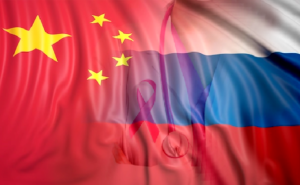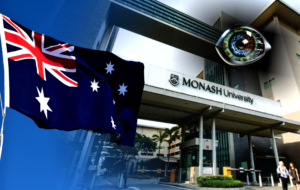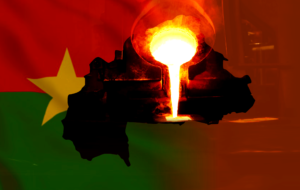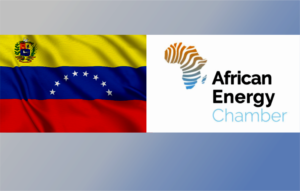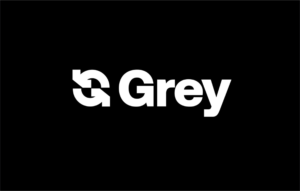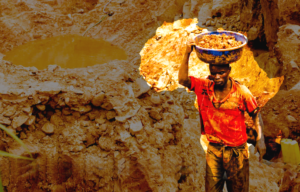Trump Approves $230 Million in Security Aid to Lebanon Amid Push to Curb Hezbollah
The Trump administration has released $230 million in security assistance to Lebanon, a decision that underscores Washington’s bid to strengthen Beirut’s fragile state institutions and limit the military influence of Hezbollah, the powerful Iran-backed group.
According to officials in both Washington and Beirut, the aid package allocates $190 million to the Lebanese Armed Forces (LAF) and $40 million to the Internal Security Forces (ISF). The funding arrived just before the close of the U.S. fiscal year on September 30, marking a rare exception under the administration’s “America First” policy, which has trimmed back many foreign aid commitments. This is really significant for a small country like Lebanon, one congressional aide noted, highlighting the scale of the package.
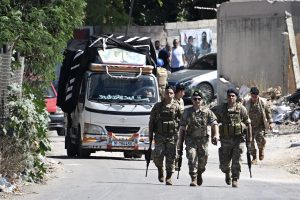
The move bolsters Lebanon’s national army at a moment when Hezbollah’s paramilitary clout remains one of the country’s deepest fault lines. U.S. officials argue that empowering the LAF and ISF is crucial for asserting sovereignty and enforcing UN Security Council Resolution 1701, which calls for Hezbollah to disarm. If the state gains greater control over weapons, analysts say Lebanon could shift from a patchwork of militias to a more centralized security framework.
The ordinary Lebanese families will see the wave of the aid beyond a mere frequency of geopolitics, as it will touch on their daily survival. Years of conflict and economic decline have forced households into cycles of displacement, unemployment, and uncertainty. While stronger state security may reduce violence, some worry that new clashes with Hezbollah could also deepen family divisions, as the group retains strong loyalty in many Shiite communities.
Lebanon’s cultural fabric is an intricate mosaic of sects and traditions that has long absorbed the strain of foreign influence and domestic militancy. US support for the army could embolden citizens who favor a civic national identity over sectarian allegiances. Yet, for others, it risks appearing as another external attempt to reshape Lebanese culture and politics, feeding resentment and resistance.
President Joseph Aoun and Prime Minister Nawaf Salam have already urged the LAF to draft a roadmap that would place all arms under state control by the end of 2025. This vision pits the government directly against Hezbollah’s political and military dominance. U.S. backing could strengthen reformist voices in parliament, but it may also escalate tensions between rival factions, further fragmenting Lebanon’s already divided political landscape.
The aid package reflects Washington’s broader Middle East strategy: stabilizing fragile states while curbing Iranian influence. It comes against the backdrop of renewed fighting between Hezbollah and Israel, raising fears of another prolonged conflict. If the LAF successfully consolidates control, Lebanon could serve as a model of state recovery; if it fails, the country risks deeper instability with ripple effects across the region.



